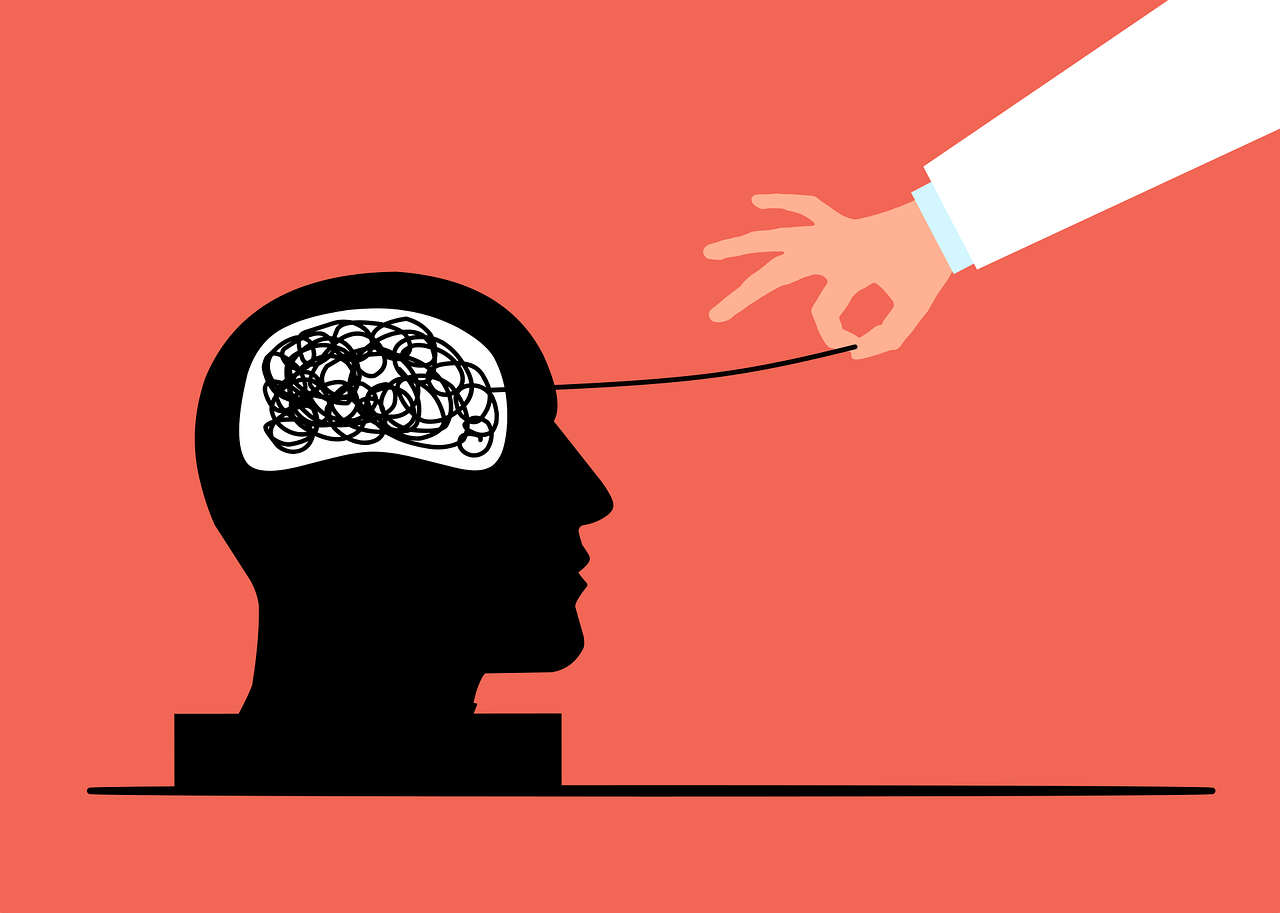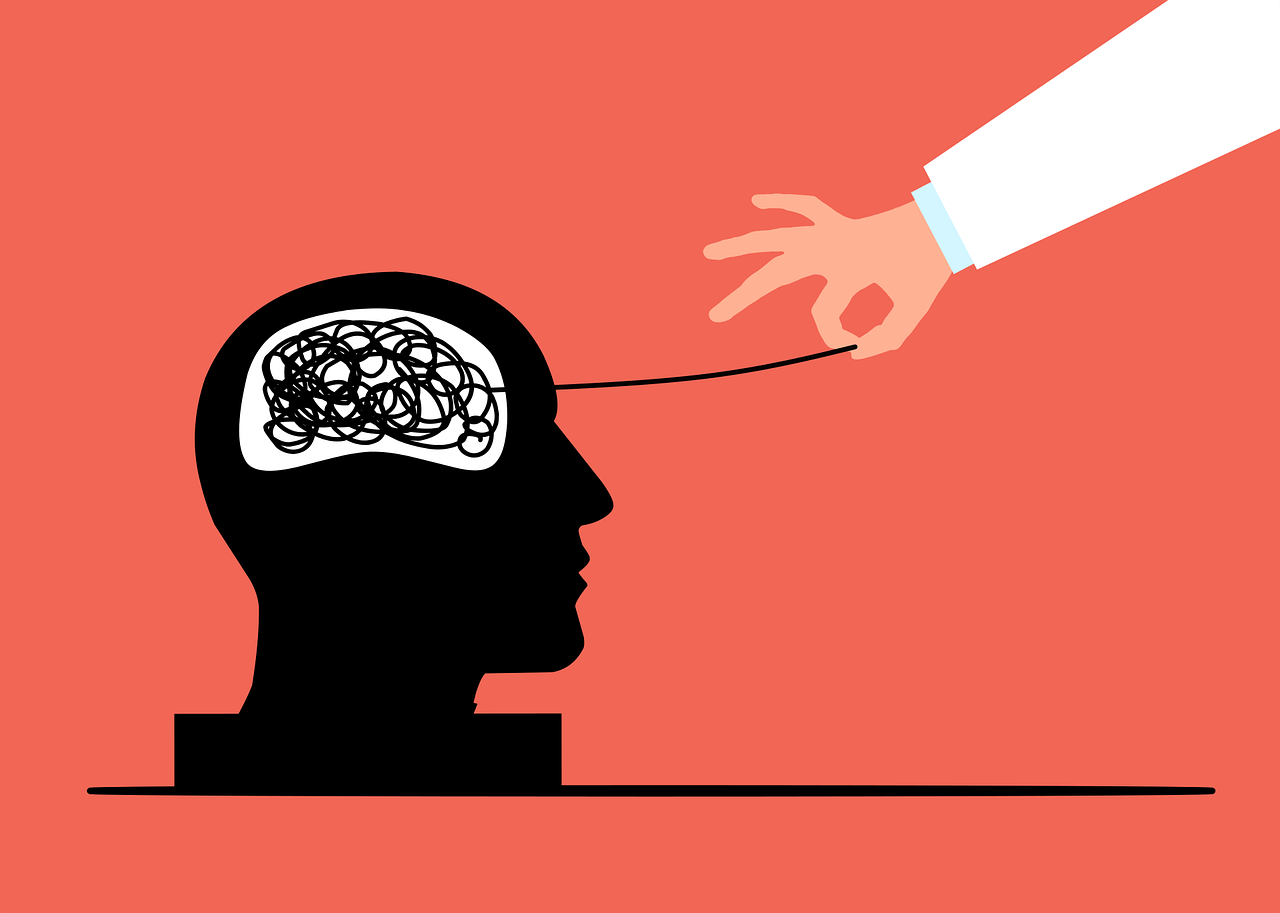Mental Health Treatment in Los Angeles: A Comprehensive Guide to Care, Access, and Innovation

Strong 8k brings an ultra-HD IPTV experience to your living room and your pocket.
Los Angeles is a dynamic and diverse city known for its creativity, ambition, and cultural influence. But beneath the surface, many Angelenos face serious challenges related to mental health. High living costs, intense work environments, social isolation, and trauma all contribute to rising levels of stress, anxiety, depression, and substance use. Thankfully, the city offers a wide range of mental health treatment options that are accessible, innovative, and increasingly inclusive. From public programs and community clinics to private therapy and inpatient care, los angeles mental health treatment continue to evolve to meet the city's unique needs.
The Public Mental Health System
The Los Angeles County Department of Mental Health is the largest local mental health system in the United States. It provides services across the county to children, adults, and older adults through clinics, outreach teams, community partnerships, and contracted agencies. The department operates a 24-hour Help Line that provides crisis counseling, referrals, and information in multiple languages. It also connects individuals to services like therapy, medication support, case management, and crisis response.
For those who qualify, many of these services are offered at no cost or on a sliding fee scale. Residents without insurance or with Medi-Cal often find this system to be a vital resource, especially in neighborhoods where access to private care is limited. Programs are culturally sensitive and available in multiple languages, addressing the needs of Los Angeles' diverse population.
Community Clinics and Nonprofits
A number of community clinics and nonprofit organizations throughout the city offer low-cost or free mental health care. These facilities are often deeply embedded in local neighborhoods and are designed to serve specific populations such as immigrants, youth, survivors of domestic violence, and the homeless. Clinics like Amanecer Community Counseling Services, Southern California Counseling Center, and The LGBTQ Center in Hollywood offer individual and group therapy, family counseling, and support groups tailored to cultural and identity-based needs.
Community-based organizations often provide additional services beyond mental health care, such as housing support, employment assistance, and parenting classes. These wraparound services are especially helpful for clients who are navigating multiple challenges at once.
Private Practice and Specialty Care
Los Angeles is home to a wide range of private therapists, psychiatrists, and specialized treatment centers. These professionals offer care that is typically more flexible and individualized than public options. Many private therapists practice evidence-based methods such as cognitive behavioral therapy, dialectical behavior therapy, or EMDR for trauma. Psychiatric services, which include medication management, are also widely available, though often more expensive.
Specialized mental health treatment centers in LA serve those with complex needs. Facilities focusing on dual diagnosis, which refers to co-occurring mental health and substance use disorders, are particularly important given the rising rates of addiction-related issues in the city. Others specialize in trauma recovery, eating disorders, or LGBTQ-affirming care. Some programs offer intensive outpatient or partial hospitalization services, providing structured support several days a week without requiring full-time residence.
Costs and Insurance Considerations
One of the biggest barriers to mental health treatment in Los Angeles is cost. Private therapy can range from one hundred to four hundred dollars per session, depending on the provider's credentials and specialization. Psychiatrists generally charge more, especially those who do not accept insurance. While many providers offer sliding scale fees, affordability remains a concern for many people seeking regular care.
Insurance coverage varies widely. Some therapists accept Medi-Cal or private insurance plans, while others are out-of-network or cash-only. Fortunately, public clinics and nonprofit organizations offer more affordable alternatives, and online therapy platforms have made mental health support more accessible for those who cannot attend in-person appointments.
Innovations and New Developments
In recent years, there has been a strong push in California to expand mental health infrastructure and increase access to care. Los Angeles is seeing new facilities, funding for youth and family mental health, and integration of mental health with primary care services. New psychiatric hospitals and residential treatment centers are being built or expanded, including those that serve children and adolescents in crisis.
The state has also rolled out initiatives aimed at addressing homelessness among individuals with serious mental illness. Programs like CARE Court provide legal and clinical frameworks to connect vulnerable individuals with court-mandated treatment and housing. These developments are not without controversy, but they represent a significant investment in addressing the intersection of mental health and homelessness.
Mental Health and Emergency Preparedness
Recent natural disasters, including wildfires and extreme heat events, have had mental health impacts on Angelenos across the city. Providers report increases in stress, trauma, and anxiety following these events, especially among those already facing instability. The importance of disaster-responsive mental health services is becoming more clear, and both public and private systems are beginning to integrate mental health planning into emergency response efforts.
Looking Ahead
As Los Angeles continues to grow and change, so too does its approach to mental health. While challenges remain—such as affordability, stigma, and wait times—there are more pathways to healing than ever before. Whether you are looking for support through a public clinic, a community organization, or a private provider, help is available. The most important step is reaching out.
Mental health is not a luxury. It is a necessity. And in a city as vast and vibrant as Los Angeles, everyone deserves access to care that supports their well-being and allows them to thrive.
Note: IndiBlogHub features both user-submitted and editorial content. We do not verify third-party contributions. Read our Disclaimer and Privacy Policyfor details.





